#Daniel Emilfork
Explore tagged Tumblr posts
Text
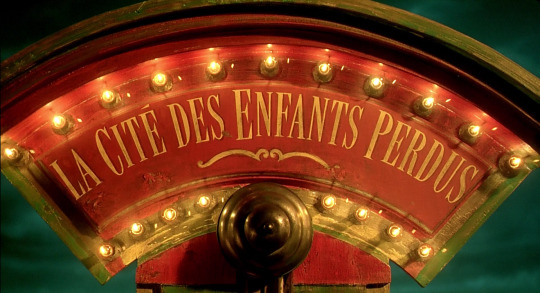
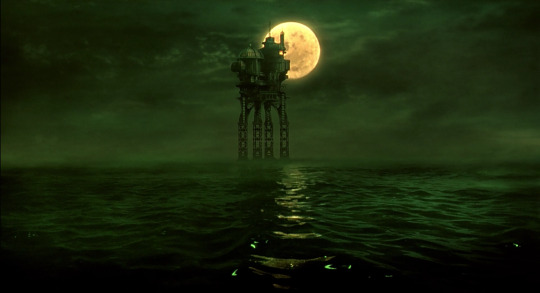
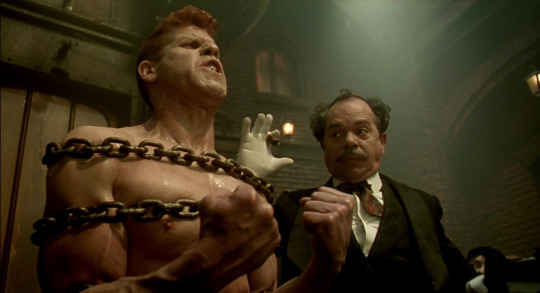
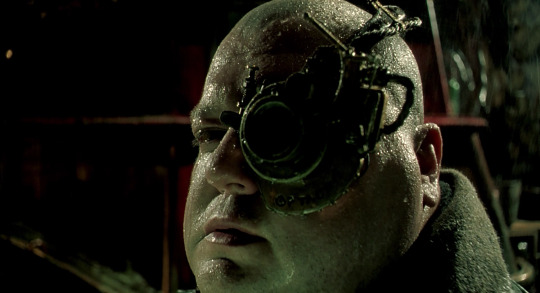
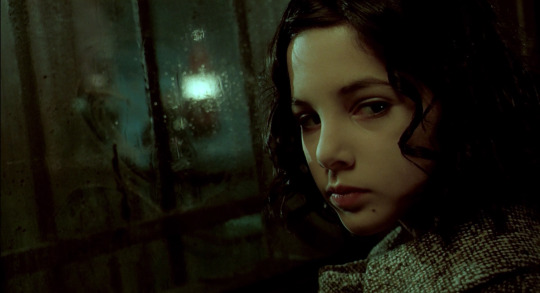
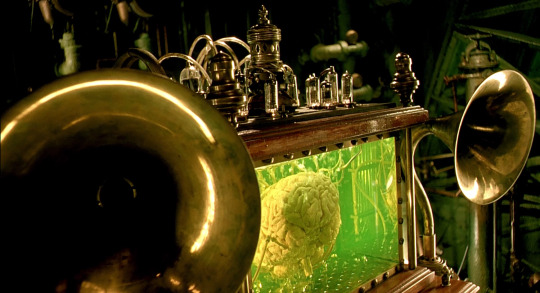
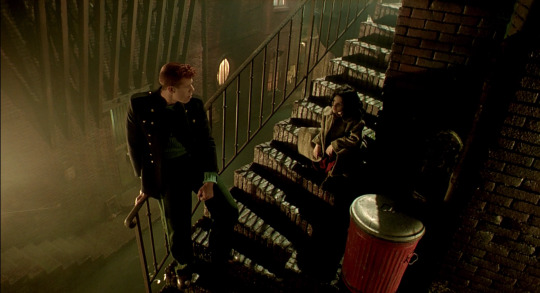
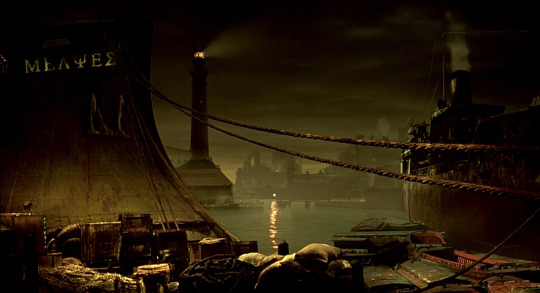
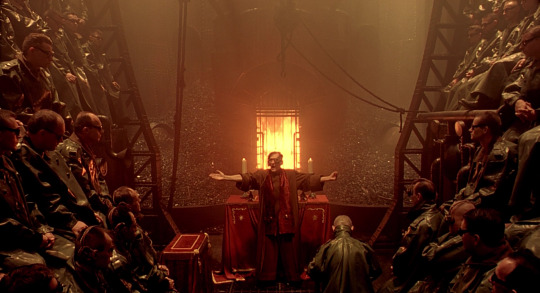
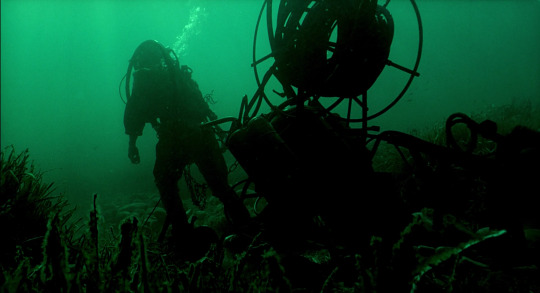
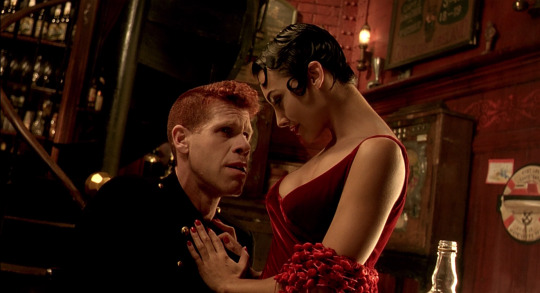
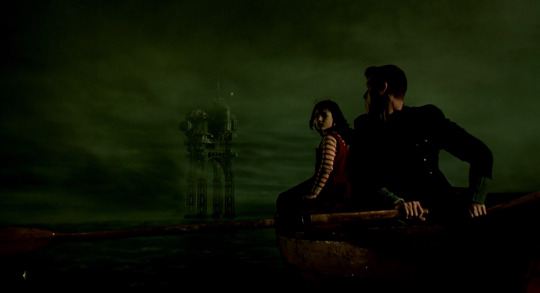
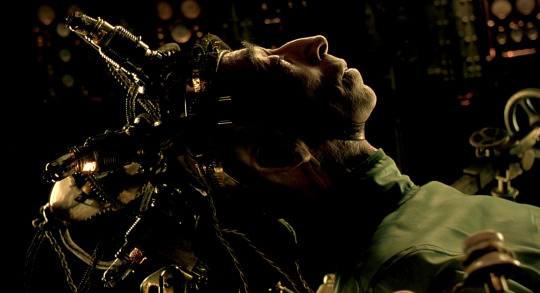
The City of Lost Children / La Cité des enfants perdus (1995)
#The City of Lost Children#La Cité des enfants perdus#Marc Caro#Jean-Pierre Jeunet#Judith Vittet#Ron Perlman#Daniel Emilfork#Mapi Galan#science fiction#steampunk#1995#90s#movie caps
21 notes
·
View notes
Text
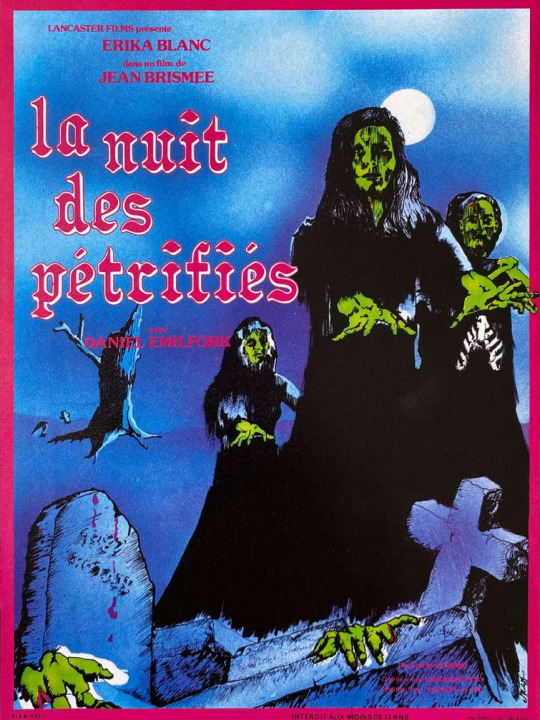
La plus longue nuit du diable (1971) - French herald
AKA The Devil's Nightmare; Vampire Playgirls; Castle of Death; Nightmare of Terror; Succubus; The Devil Walks at Midnight; The Devil's Longest Night
#la plus longue nuit du diable#the devil's nightmare#erica blanc#jean servais#daniel emilfork#1970s horror#70s movies#1970s movies#1971#jean brismée#herald
67 notes
·
View notes
Text

Tina Aumont in Il Casanova Di Federico Fellini aka Fellini's Casanova (1976)
#il casanova di federico fellini#fellini's casanova#1976#federico fellini#giacomo casanova#donald sutherland#tina aumont#cicely browne#mary marquet#daniel emilfork#carmen scarpitta#diane kurys#olimpia carlisi
51 notes
·
View notes
Text
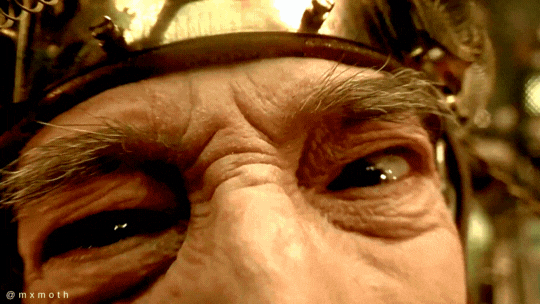
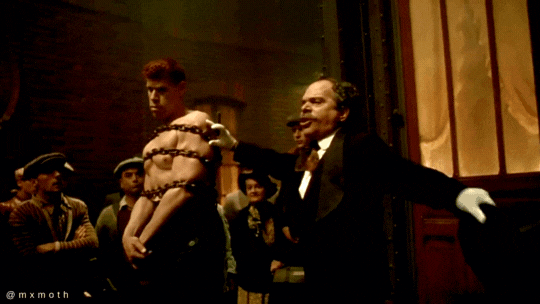
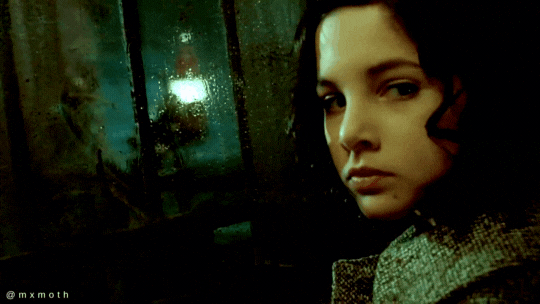

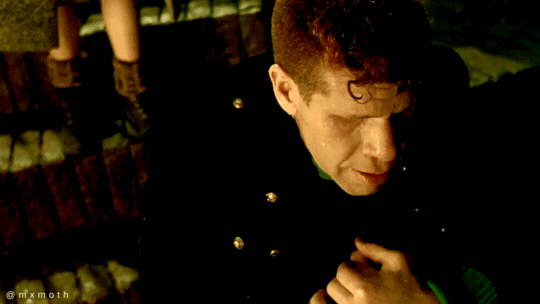
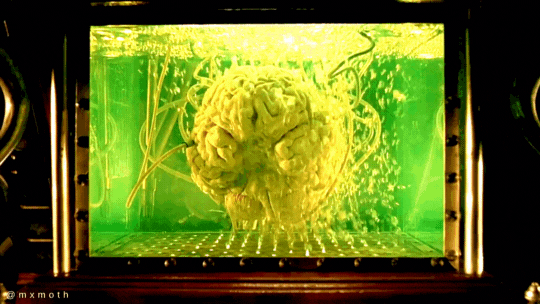
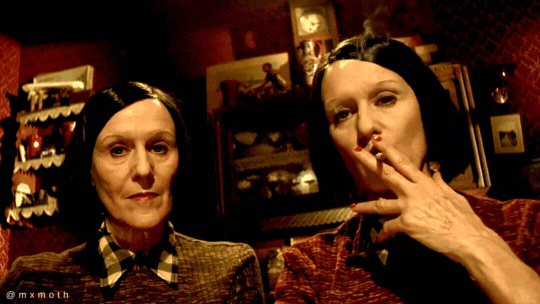
FAVORITE HORROR FILMS | LA CITÉ DES ENFANTS PERDUS (1995) Union Générale Cinématographique, Dir. Jean-Pierre Jeunet Ron Perlman, Daniel Emilfork, Judith Vittet, Dominique Pinon
#moth's horror favs#jean pierre jeunet#la cité des enfants perdus#city of lost children#ron perlman#daniel emilfork#judith vittet#geneviève brunet#french films#french horror#international horror#my gifs#in b4 this isn't horror#don't make me fight you
30 notes
·
View notes
Text
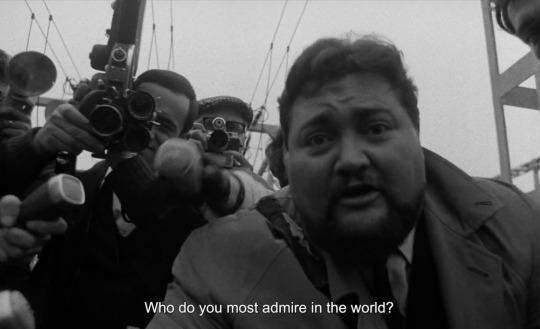
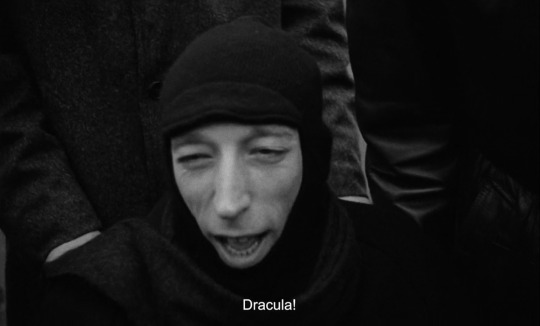
The Unknown Man of Shandigor (1967)
7 notes
·
View notes
Text
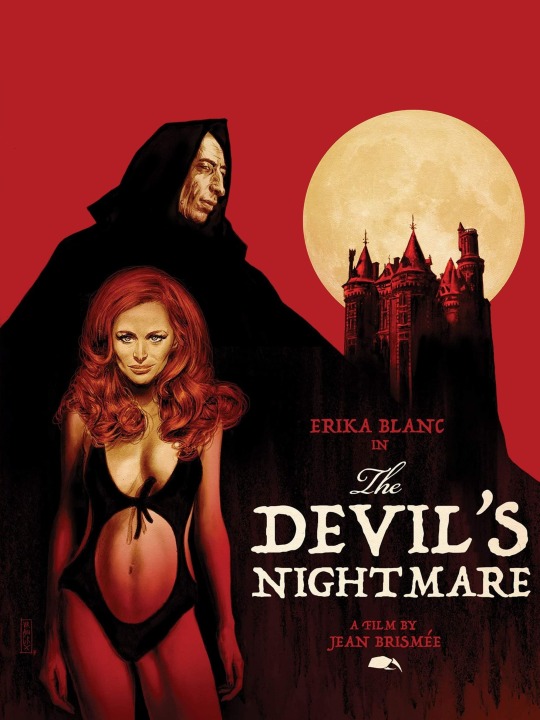
The Devil's Nightmare, 1974
2 notes
·
View notes
Text
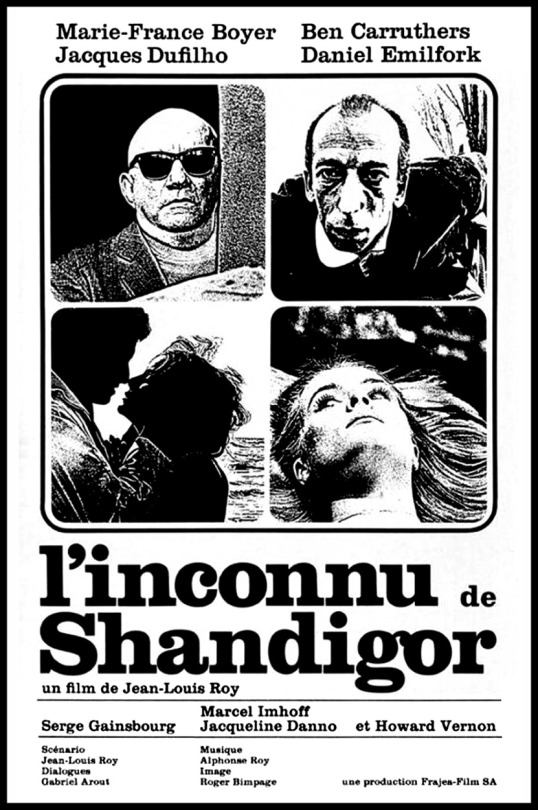
vimeo
The Unknown Man of Shandigor (1967)
#1961 to 1970#swiss#paranoid#coming attractions#movie trailer#science fiction#spy#daniel emilfork#Vimeo
0 notes
Text

falls on my knees in despair.... you guys please watch la cité des enfants perdus.....
#tomtoms_art#tomtoms_100portraits#there's ron perlman in it.........i wont him#daniel emilfork fanrt
3 notes
·
View notes
Text
Daniel Emilfork, the Chilean stage actor
What if when we were born we were each assigned a Wikipedia page like a social security number would that be fucked up or what
127K notes
·
View notes
Text
De plomb et d’or (Of Lead and Gold) François Jonquet 4Translation
Over the past twenty years, I have kept a keen eye on the work of François Jonquet and his novelistic biographies of Jenny Bel’Air, a legendary figure of Parisian nightlife; Daniel Emilfork, the distinctive iconic actor; Valérie Lang, the actress daughter of Jack Lang, Minister of Culture under François Mitterrand; and Gilbert & George, the contemporary British artist-duo. He writes about his…

View On WordPress
0 notes
Text
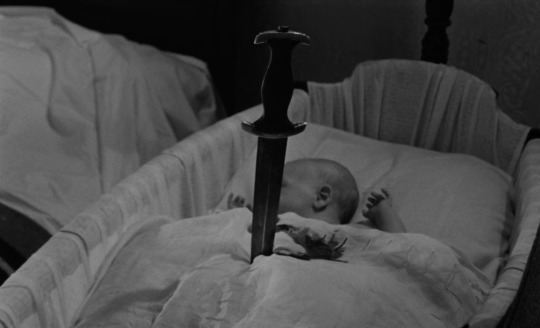
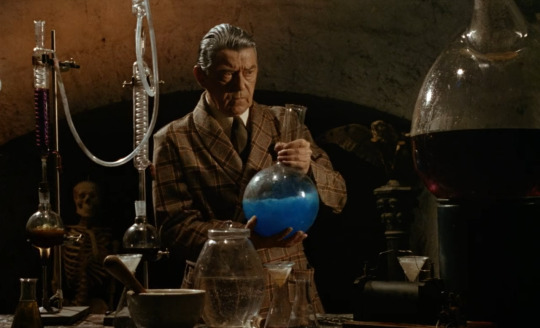
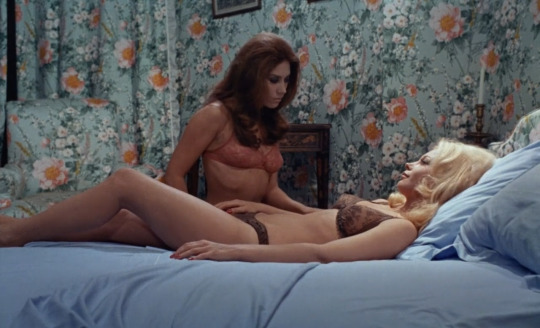
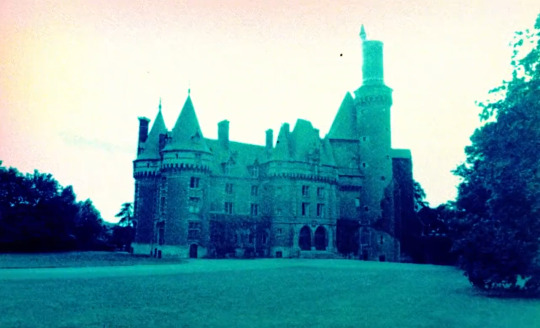
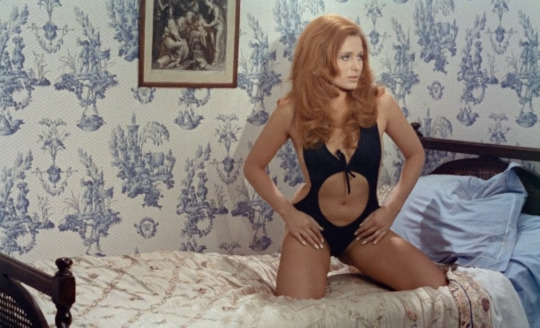
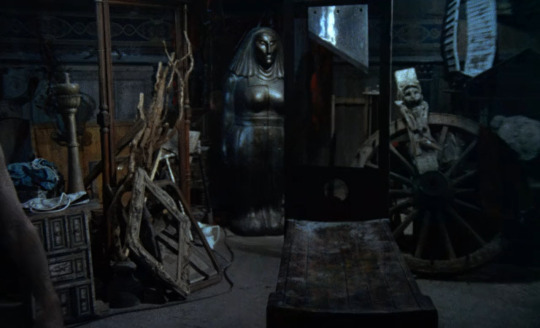
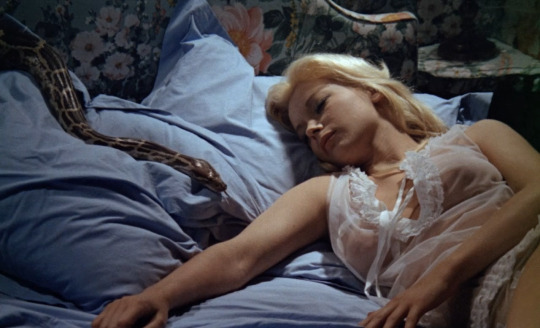
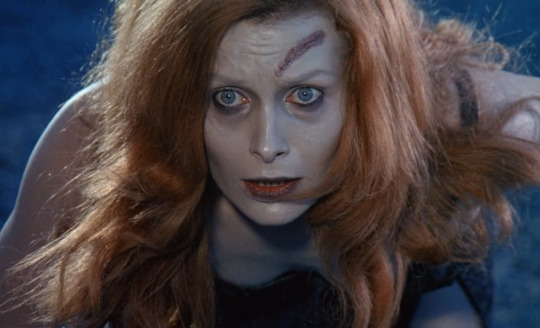
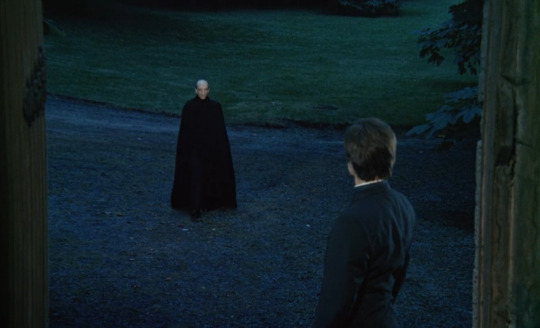
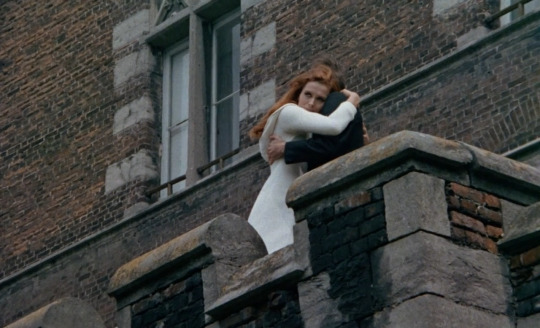
The Devil's Nightmare (1971)
#Horror#The Devil's Nightmare#Jean Brismée#Jean Servais#Shirley Corrigan#Ivana Novak#Erika Blanc#Daniel Emilfork#Jacques Monseau#CHB#Screencaps#1971#70s
347 notes
·
View notes
Text
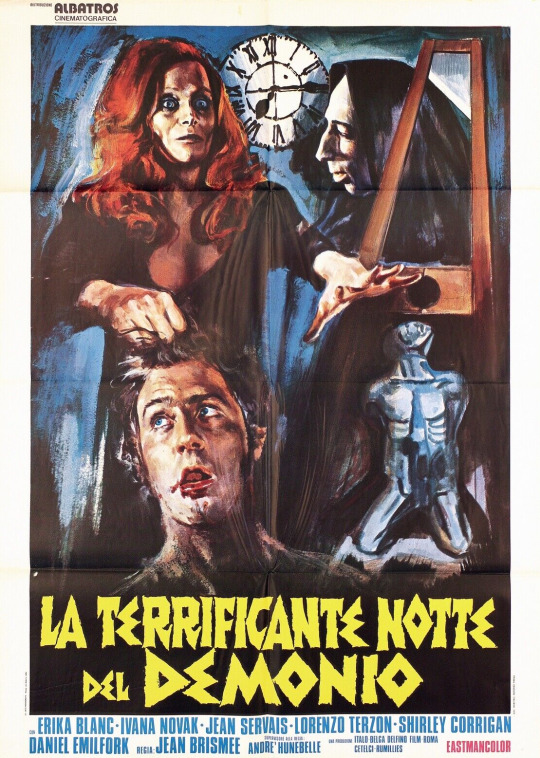
La plus longue nuit du diable (1971) - Italian poster
AKA The Devil's Nightmare; Vampire Playgirls; Castle of Death; Nightmare of Terror; Succubus; The Devil Walks at Midnight; The Devil's Longest Night
#la plus longue nuit du diable#the devil's nightmare#erica blanc#jean servais#daniel emilfork#1970s horror#70s movies#1970s movies#1971#jean brismée#movie posters
33 notes
·
View notes
Photo
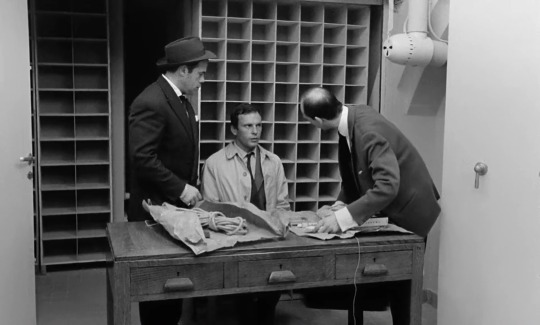
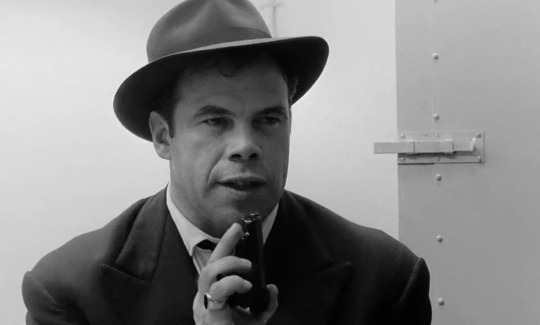


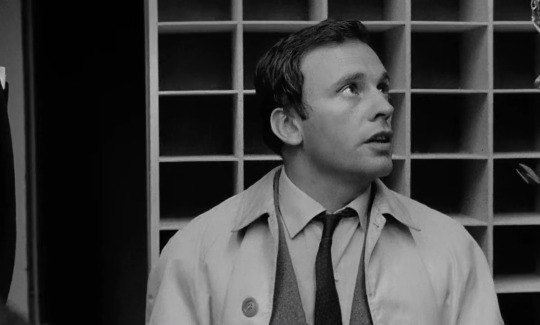

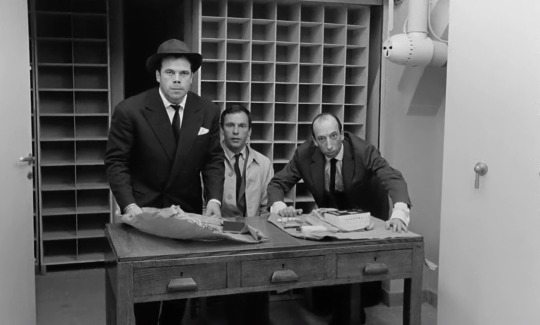
Trans-Europ-Express | Alain Robbe-Grillet | 1966
Henri Lambert, Jean-Louis Trintignant, Daniel Emilfork
#Henri Lambert#Jean-Louis Trintignant#Jean Louis Trintignant#Daniel Emilfork#Alain Robbe-Grillet#Alain Robbe Grillet#Trans-Europ-Express#Trans Europ Express#1966
19 notes
·
View notes
Photo
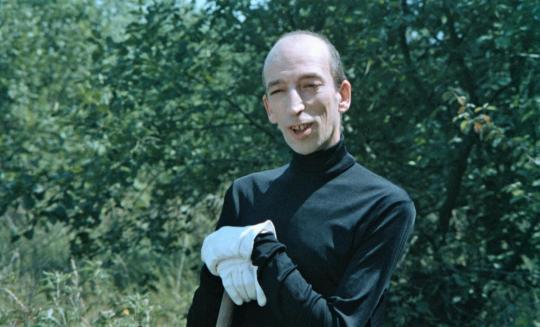
Daniel Emilfork (deceased)
Gender: Male
Sexuality: Gay
DOB: 7 April 1924
DOD: 17 October 2006
Ethnicity: Ashkenazi Jewish
Nationality: Chilean/French
Occupation: Actor
#Daniel Emilfork#lgbt history#lgbty#lgbt#mlm#male#gay#1924#rip#historical#ashkenazi jewish#jewish#chilean#actor
67 notes
·
View notes
Text
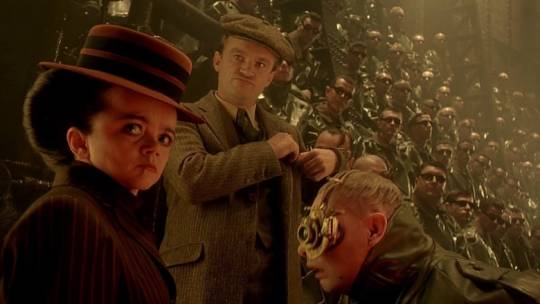
Mirielle Mosse, Dominique Pinon, and Daniel Emilfork in The City of Lost Children (1995). Mirielle is 3'11" and has nine acting credits from a 1988 French tv episode to Swimming Pool (2003).
2 notes
·
View notes
Text
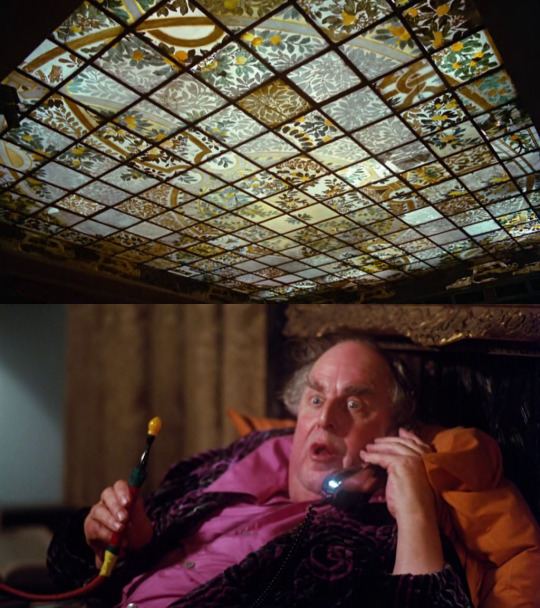
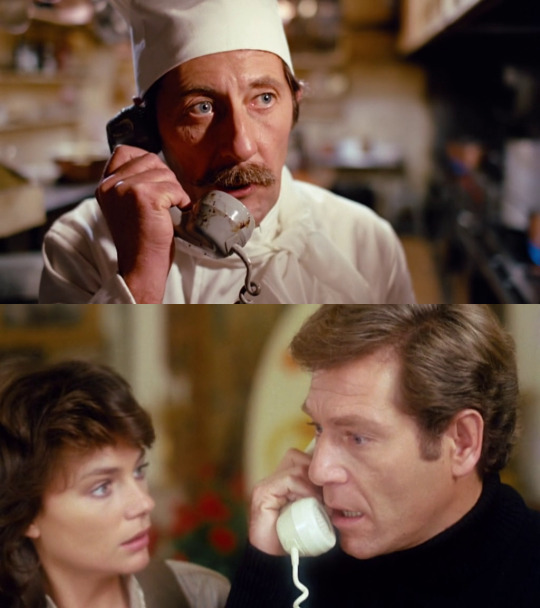
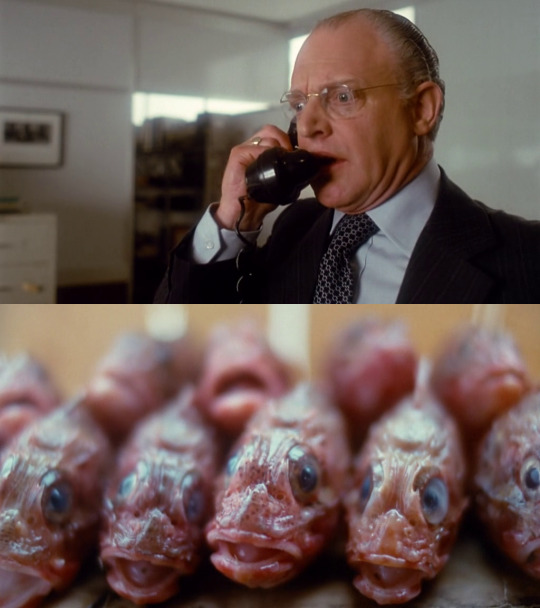
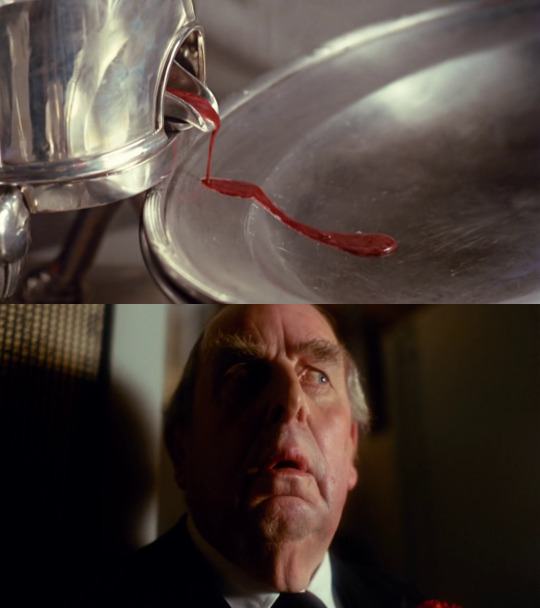
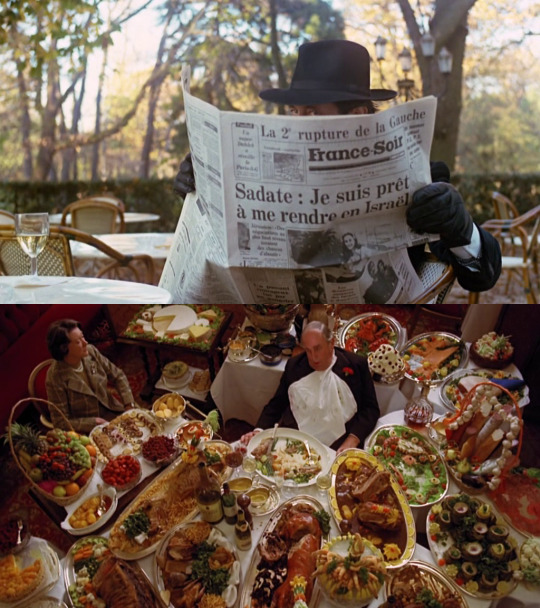
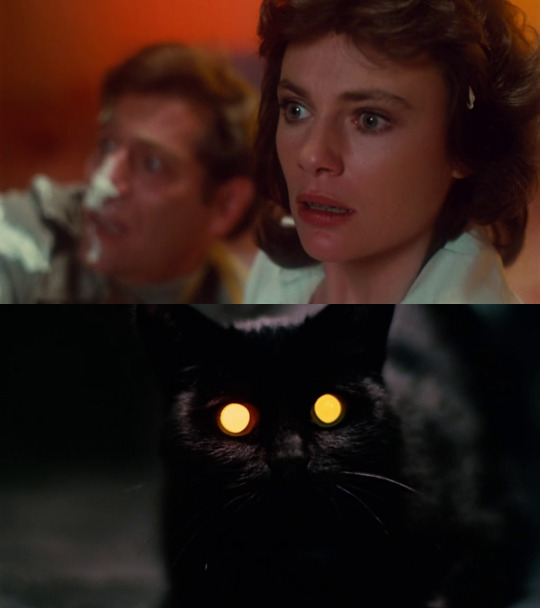
Who Is Killing the Great Chefs of Europe? Ted Kotcheff (1978)
Manor Murder Mystery
#Who Is Killing the Great Chefs of Europe?#Ted Kotcheff#George Segal#murder mystery#Jacqueline Bisset#Robert Morley#Jean Pierre Cassel#Philippe Noiret#Jacques Balutin#Jean Rochefort#Gigi Proietti#Stefano Satta Flores#Magde Ryan#Joss Ackland#Frank Windsor#Peter Sallis#Tim Barlow#John Le Mesurier#Jean Gaven#Daniel Emilfork#Jacques Marin#Jean Parédès#Michael Chow#Anita Graham#Nicholas Ball#David Cook#Nigel Havers#Caroline Langrishe
8 notes
·
View notes